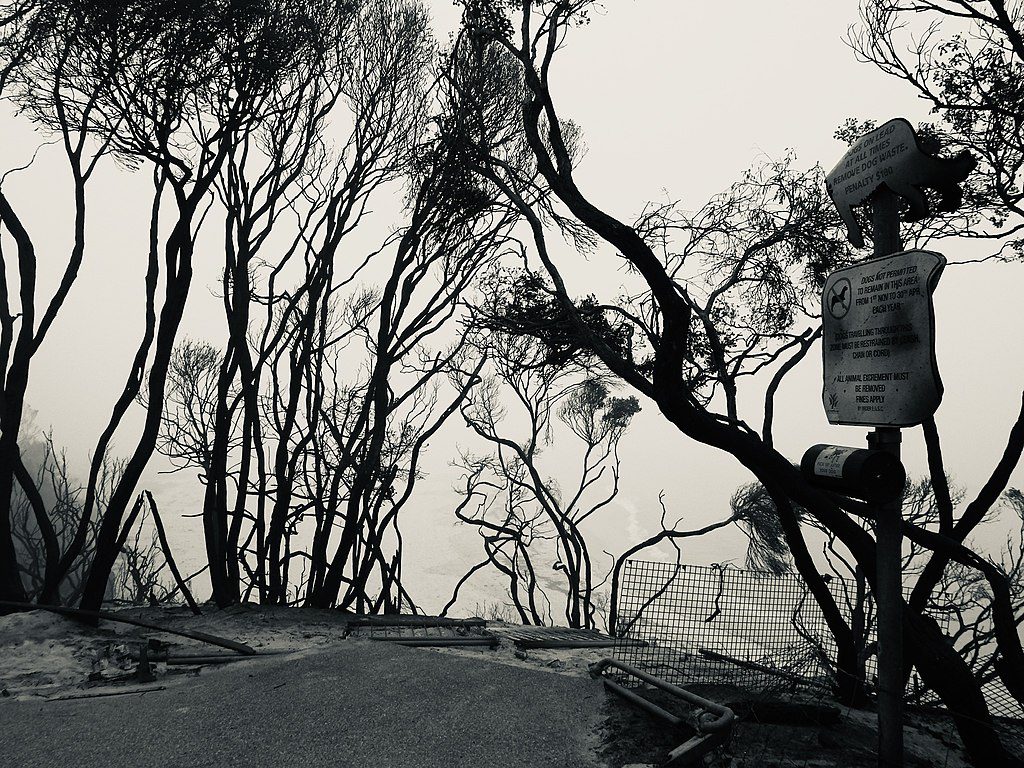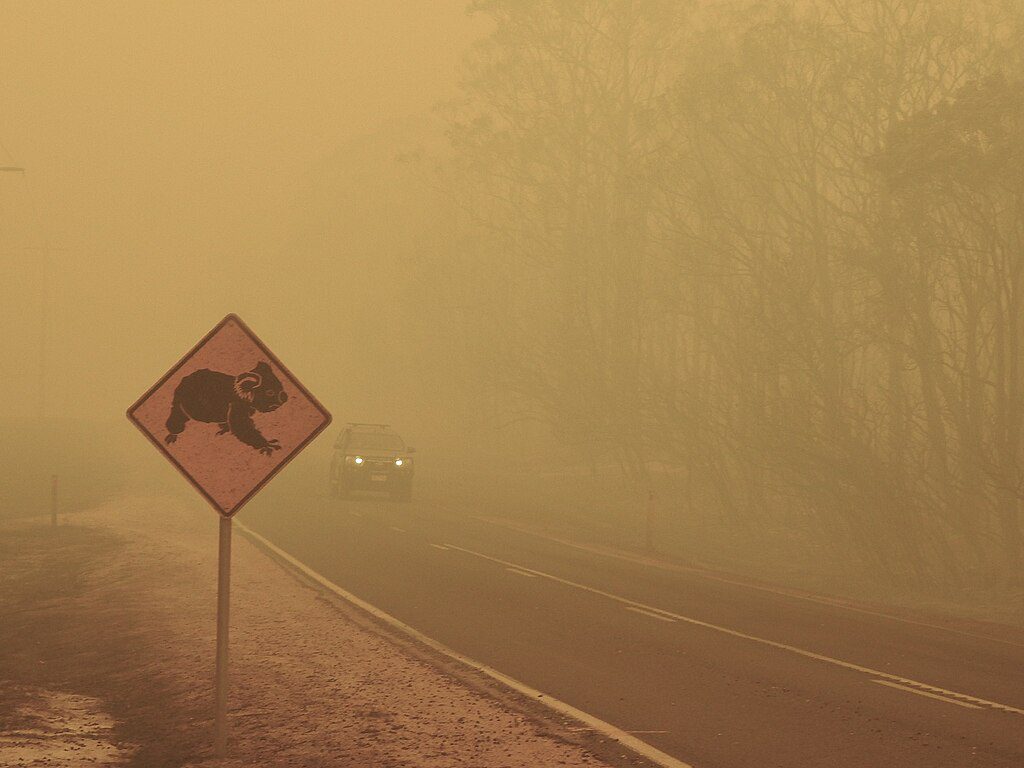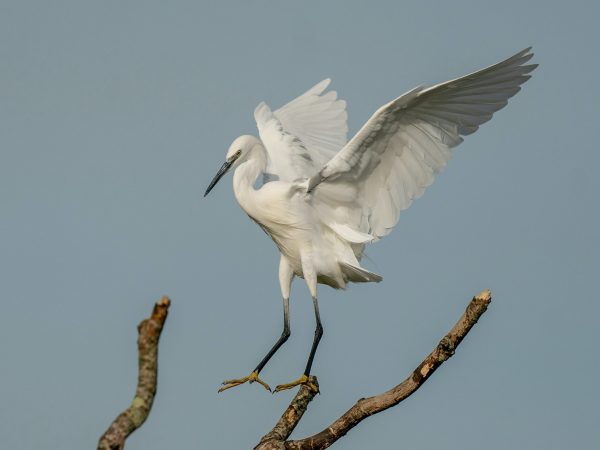Dear Climate Therapist,
In Perth Western Australia, we had a horror summer of extreme heat. My anxiety went through the roof and I am dreading our next summer. I now watch the weather religiously to the point of OCD. Do you have any strategies to help with this anxiety? I understand this is life now, but it sometimes paralyses me to the point I can’t work or get out of bed.
– Anxious in Australia
Climate-aware therapist Leslie Davenport offers compassionate counsel.
Dear Anxious in Australia,
I’m so glad you reached out. Those are such painful feelings, and they’re completely justifiable. We know that Perth is warming faster than many areas: for example, this past February there were nine days at or above 40° C (104° F). I’m so sorry that you’re experiencing first-hand these extreme heatwaves that are so devastating and dangerous to people and wildlife – and they also boost the risk of bush-fires. Most of us know by now that we’re on an escalating trajectory of climate impacts, so it’s no wonder your anxiety is sky-high. While your emotions are understandable, there are some very well-researched and effective approaches to managing these difficult and complex feelings and finding some relief.
It’s tricky to work on decreasing fear because it’s a valuable and necessary emotion that’s built into our brain and body alerting us to danger – and we want that system to stay healthy and intact. But as you’re seeing, it can be triggered repeatedly when we’re forced to confront the ongoing impacts of climate change. We definitely don’t want to get stuck on high alert because we’re experiencing so many danger signals. When anxiety becomes a chronic state, it erodes our energy and prevents us from engaging with life, as you described in your examples of struggling to work and even get out of bed. Let me suggest a practice that shows us how to welcome, honor, validate, and process our fears and also helps contain them.
This isn’t intended to be a problem-solving period, but rather an opportunity to feel and honor climate-triggered emotions in a way that helps metabolize the feelings.

Set up a “climate anxiety contemplation” session every day. This is a designated period of 30 minutes, ideally at the same time each day, when you focus completely on your climate fears. If it works better for you, you can do it in two 15-minute periods. To begin, set a timer. Once the session starts, pick your preferred way of expressing your free-roaming thoughts and feelings. You could write them out in a journal; talk with a like-minded friend who’s there to listen; draw or make a collage — whatever is easiest and most appealing to you. Putting your feelings into form will help you stay grounded and prevent overwhelm. Don’t judge or censor any of your feelings. This isn’t intended to be a problem-solving period, but rather an opportunity to feel and honor climate-triggered emotions in a way that helps metabolize the feelings. When the timer goes off, take a moment to intentionally transition: Tell yourself that the session is over and that you’re stopping this particular mental/emotional focus until the next time.
You might try closing your climate anxiety session with the 4-7-8 mindfulness breathing practice to help with the transition. It only takes three minutes, and it goes like this:
Find a comfortable place to sit with a relaxed and upright posture. With your mouth closed, quietly inhale through your nose to a mental count of four. Hold your breath for a count of seven. Exhale through your mouth, making a whooshing sound for a count of eight. Repeat the breathing practice three more times for a total of four breath cycles. Pick a breathing pace that’s comfortable for you. If this rhythm becomes uncomfortable, simply take four clearing breaths at a pace that feels easy and relaxing. Notice any changes in how you feel before and after the practice.
What you do between your climate anxiety contemplations is essential to the success of the practice. When climate fears come up at other times of the day or night, remind yourself that you’ll focus on those feelings and thoughts in your next session. This might be hard to do at first, but like any new skill, it gets easier with practice. When it’s time for the next session, take time for your climate-related feelings, even if you’re not feeling anxious in that moment.
Working with climate feelings isn’t complete without addressing the practical aspects of the triggering situation. In your case, do you know your evacuation routes in the event of a fire, and do you have a “to-go” bag packed? Are there any community cooling stations? Do you know others in your area with whom you can share feelings, experiences, resources, and activism? These are all excellent activities for supporting yourself and others who are aware of and want to help repair our changing world. We’re all in this together!
These times require us to grow our mental, emotional, and existential capacities and do our part to contribute to more just and healthy systemic shifts. This is nothing short of transformative work, and I hope that these internal and external strategies will be a helpful part of your journey.
Gen Dread has started an advice column with professional support for climate distress. Submit your questions around how the climate and earth crisis is affecting your daily life, emotions, wellbeing, relationships, and more. It’s completely anonymous.
.
This is the second installment of Gen Dread’s new bi-monthly advice column, “The Climate Therapist”. It is reprinted here with permission.







